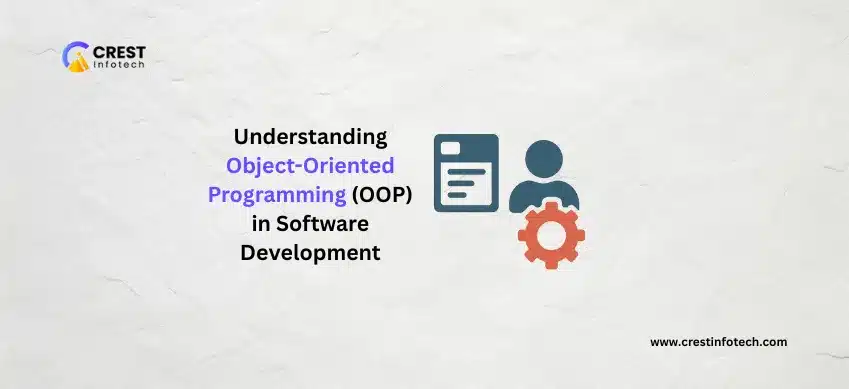Object-Oriented Programming (OOP) is a fundamental paradigm in modern software development. It enables developers to build modular, reusable, and maintainable code by modeling software around real-world entities.
1. What Is Object-Oriented Programming?
OOP organizes code into “objects” that combine data and behavior.
- Objects are instances of classes, which define properties and methods
- Promotes modular design by encapsulating logic within entities
- Popular in languages like Java, C++, Python, and C#
2. The Four Pillars of OOP
Understanding the core principles of OOP helps in writing better code.
- Encapsulation: Hides internal state and exposes behavior via methods
- Abstraction: Simplifies complex systems by modeling relevant details
- Inheritance: Allows new classes to inherit functionality from existing ones
- Polymorphism: Enables objects to be treated as instances of their parent class
“OOP principles make your code easier to read, test, and maintain — especially as projects scale.”
3. Benefits of Using OOP
OOP helps teams build scalable and maintainable software systems.
- Improves code reusability through inheritance and modular design
- Makes debugging easier with encapsulated logic
- Encourages cleaner, more intuitive structure
- Supports collaborative development across large teams
4. Common Use Cases
OOP is widely used in various types of software projects.
- Enterprise Applications: ERPs, CRMs, and backend systems
- Game Development: Game objects like players, enemies, and levels
- GUI Applications: Windows, buttons, and input forms as objects
- APIs & Frameworks: Reusable components built as classes and modules
5. OOP vs. Procedural Programming
OOP differs from procedural programming, which focuses on functions and procedures.
- Procedural: Code is written as a sequence of steps and function calls
- OOP: Code is structured as objects that interact with each other
- OOP is better for larger, more complex applications
“While procedural code can be faster to write initially, OOP scales better in the long run.”
Final Thoughts
Object-Oriented Programming is a cornerstone of modern software development. By understanding and applying its core principles — encapsulation, abstraction, inheritance, and polymorphism — developers can write cleaner, more efficient, and more maintainable code that grows with the project.



